Find My German Ancestors - German Ancestry Exploration
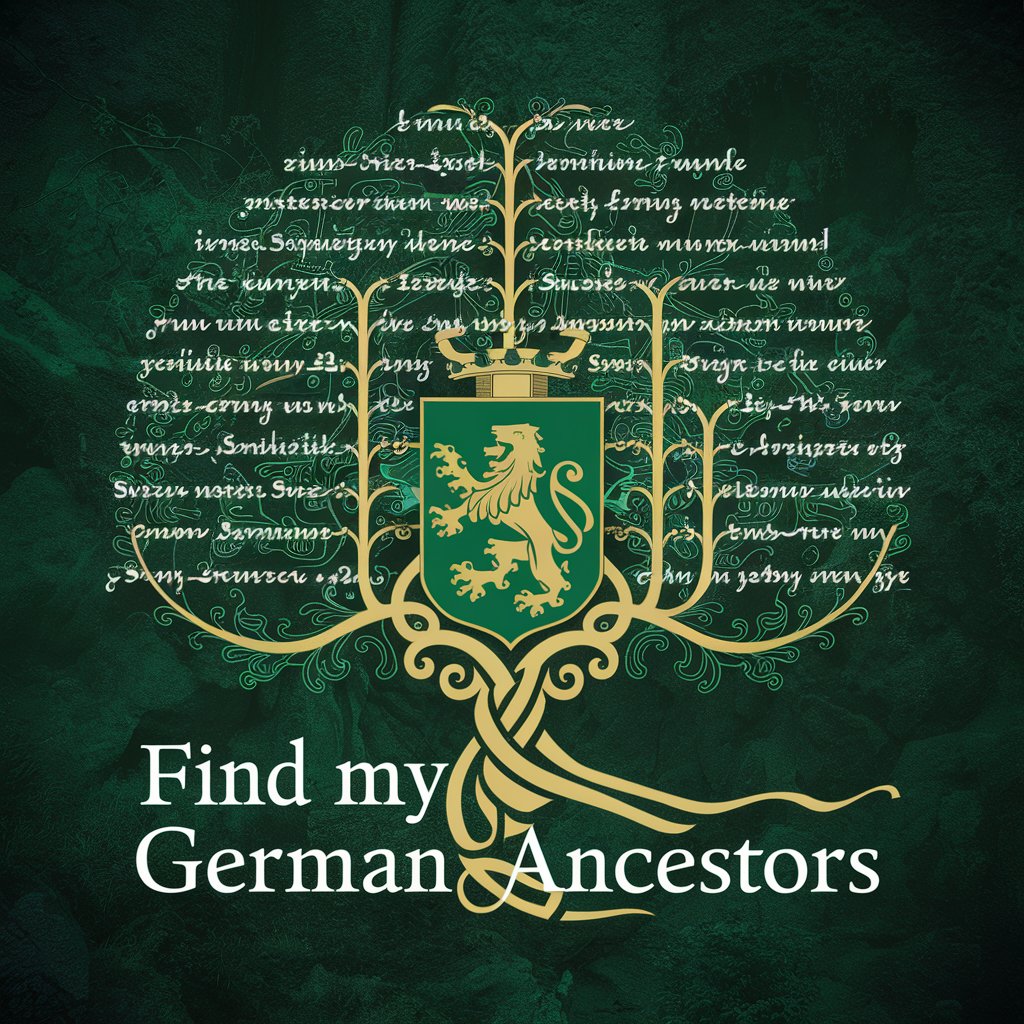
Welcome! Let's explore your German heritage together.
Unlock Your German Heritage with AI
Help me trace my German ancestors from the 19th century.
Can you assist with translating this old German document?
What are the best resources for researching German family history?
I'm looking for historical context on my German family during World War II.
Get Embed Code
Overview of Find My German Ancestors
Find My German Ancestors is designed to assist users in exploring their German heritage by providing detailed ancestral research, family tree construction, and deep dives into German history relevant to their lineage. Its primary aim is to enrich users' understanding of their German roots, not just through names and dates but by contextualizing ancestors within German culture and historical events. This is achieved by leveraging global libraries, archives, and specialized genealogy databases, such as Ancestry.com, to gather comprehensive ancestry data. For example, if a user knows their great-grandfather was from Bavaria but has little else to go on, Find My German Ancestors can help piece together that ancestor's life story, potentially uncovering military records, emigration details, or involvement in local events, thus providing a more nuanced picture of their life and times. Powered by ChatGPT-4o。

Core Functions and Real-World Applications
Ancestral Research and Data Compilation
Example
Identifying and obtaining records from German parish registers, civil registration documents, and emigration lists.
Scenario
A user seeking to trace their lineage back to a small town in 19th-century Prussia uses this function to find baptismal records and passenger lists, confirming their ancestor's emigration to the United States.
Family Tree Construction
Example
Using online and archival data to build out branches of a family tree, including distant relatives.
Scenario
After discovering a connection to a notable historical figure in a German town, a user employs this function to integrate new branches into their family tree, uncovering previously unknown familial connections.
Translation of German Documents
Example
Translating old German script (Kurrentschrift) from letters, diaries, and official documents.
Scenario
A user inherits a collection of old family letters written in German. This function helps them understand personal stories, migration experiences, and daily life insights from ancestors.
Historical Contextualization
Example
Providing background on specific German regions, historical events, and cultural norms relevant to an ancestor's life.
Scenario
A user learns their ancestors were from a region heavily affected by the Thirty Years' War. This function offers insights into how such turmoil might have impacted their ancestors' decisions and lifestyles.
Target User Groups for Find My German Ancestors
Genealogy Enthusiasts
Individuals with a keen interest in building their family trees and uncovering their ancestral past, especially those with German roots. They benefit from the comprehensive research capabilities and historical insights offered, making their genealogical journey richer and more informed.
Academic Researchers
Historians, sociologists, and scholars studying German emigration patterns, regional histories, or cultural dynamics. They utilize the service for its detailed archival research and ability to provide context to historical figures and trends.
People of German Descent
Individuals looking to connect with their German heritage, learn more about their family's origin, or preserve family stories for future generations. They find value in the translation services, access to German records, and assistance in navigating German history.

How to Use Find My German Ancestors
Begin Your Journey
Start by visiting yeschat.ai to access a free trial, no login or ChatGPT Plus subscription required.
Gather Information
Collect as much information as possible about your German ancestors, including names, birth dates, places, and any other relevant historical details.
Input Data
Enter the collected information into the provided fields or upload documents to help the AI understand your genealogy search criteria.
Explore Resources
Utilize the tool's guidance to navigate through global libraries, archives, and online genealogy resources to gather more data.
Review and Expand
Analyze the findings, connect with newly discovered family links, and explore German historical contexts to enrich your understanding.
Try other advanced and practical GPTs
Text Wizard
Elevate Your Writing with AI
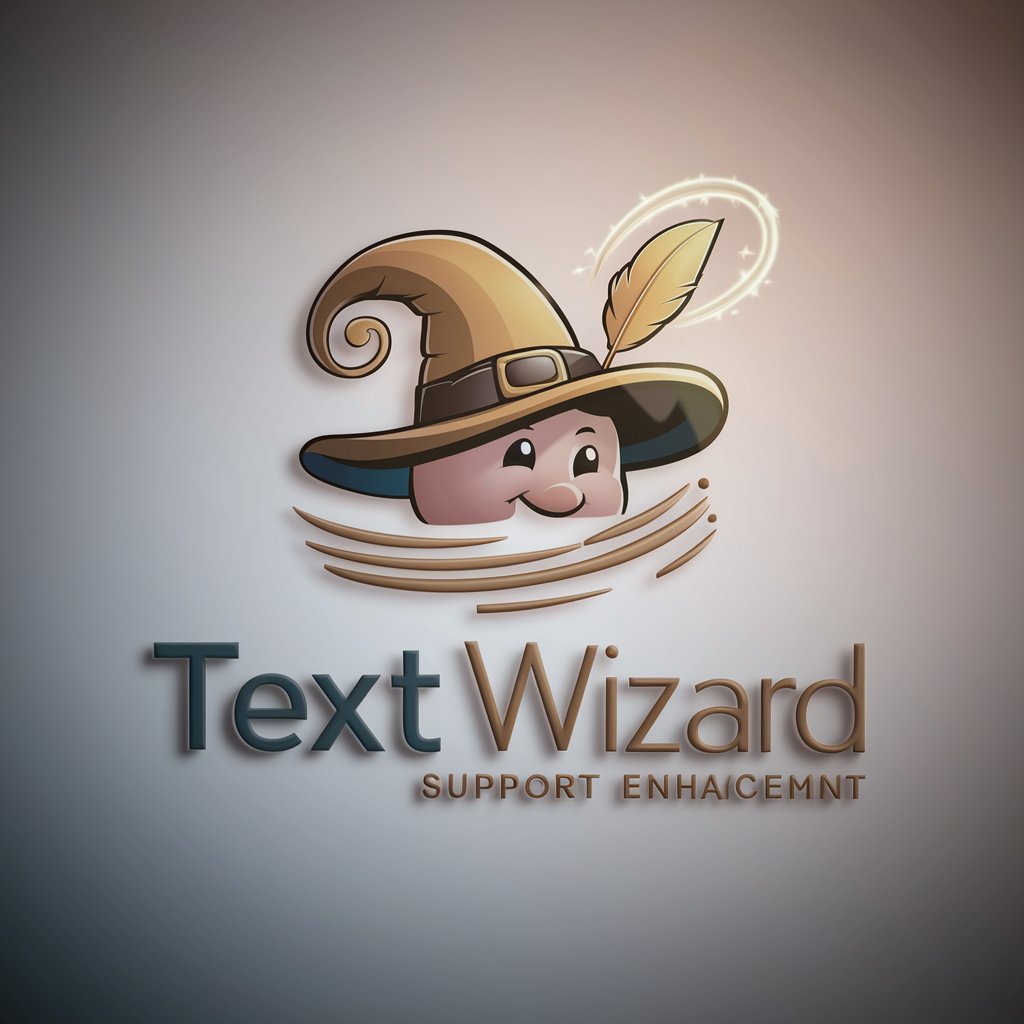
Marketing Mentor
Elevate Your Marketing with AI-Powered Insights

Cosmic Oracle
Unlock the cosmos with AI-powered astronomy insights.

Wine Guru
Empowering your wine journey with AI

Find My Ancestors from India
Uncover Your Indian Heritage with AI
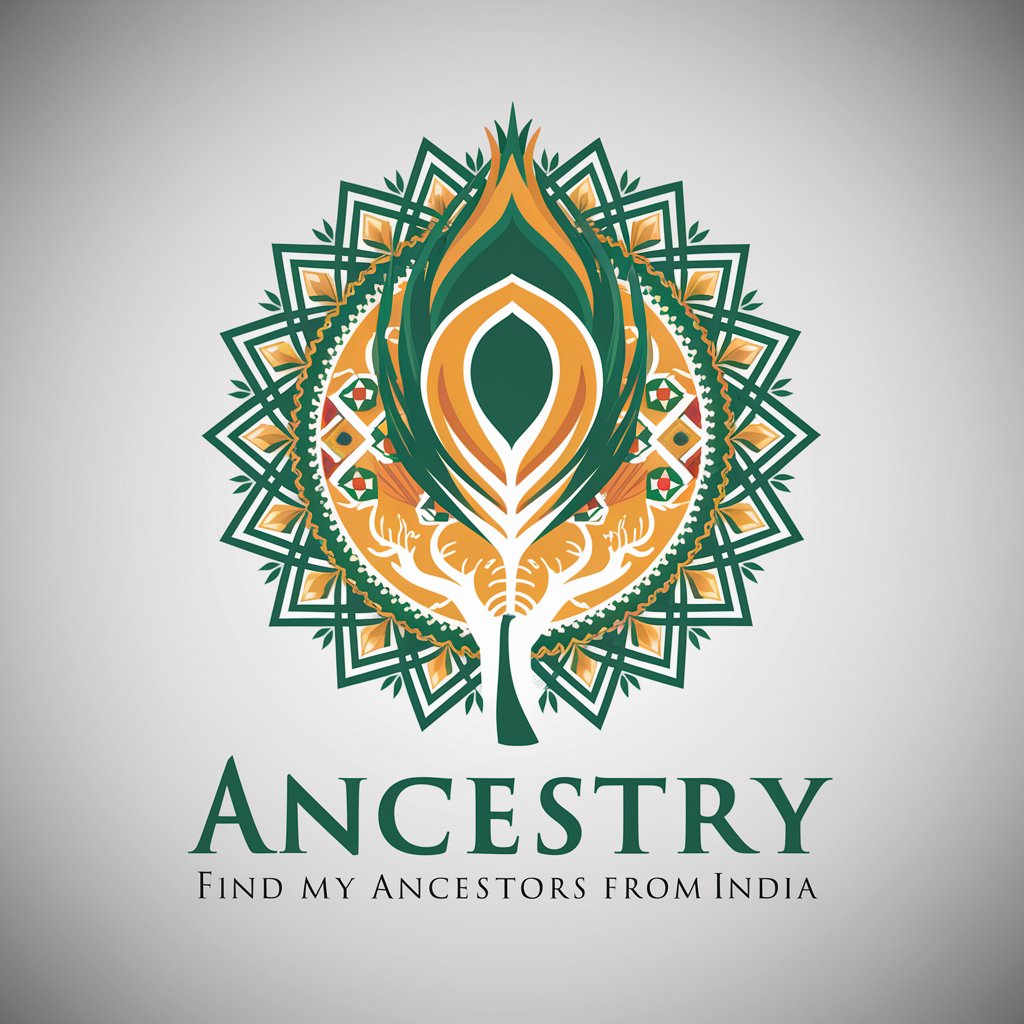
Webflow
Design, build, and launch visually
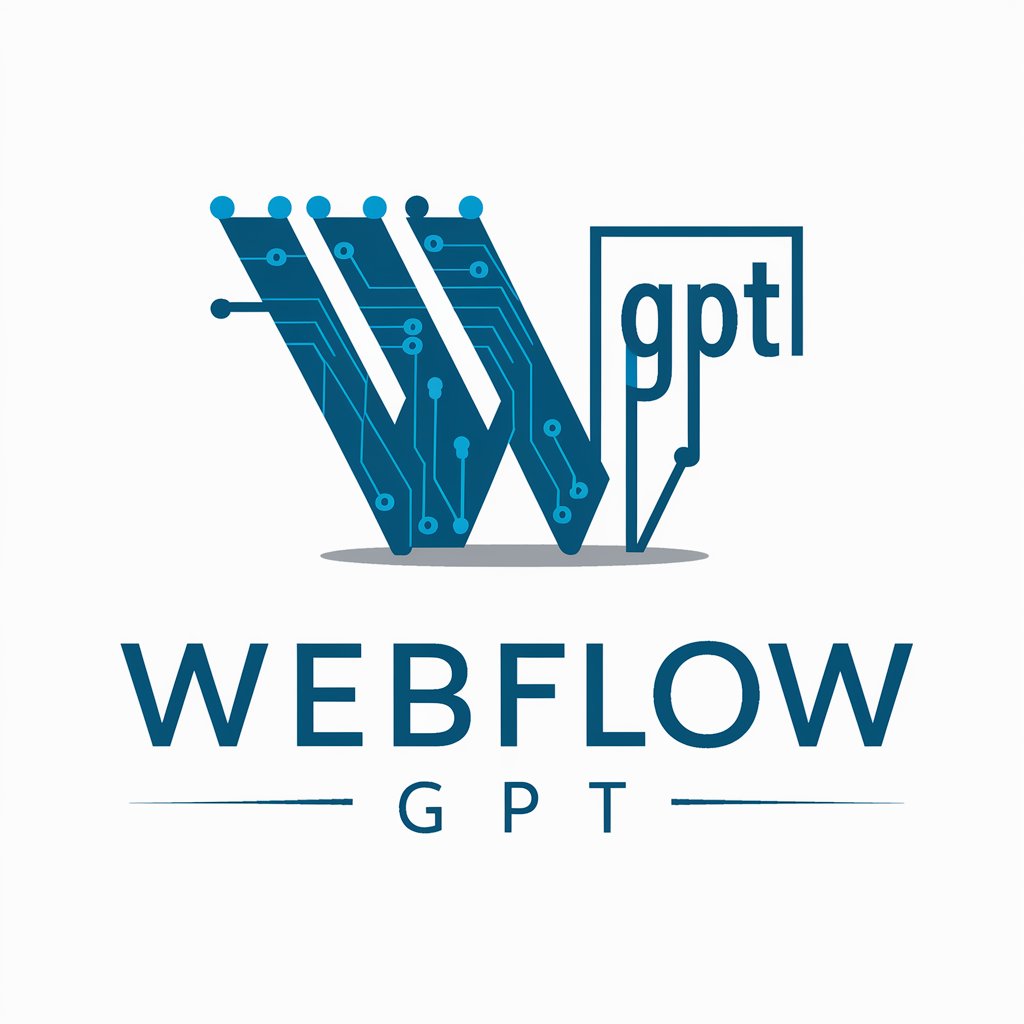
Innovative Global Holdings Job Manager
Streamlining Recruitment with AI

Annual Planning Assistant
Empowering Your Journey with AI-driven Insights

TimeCost GPT
Work Smarter, Spend Wiser with AI
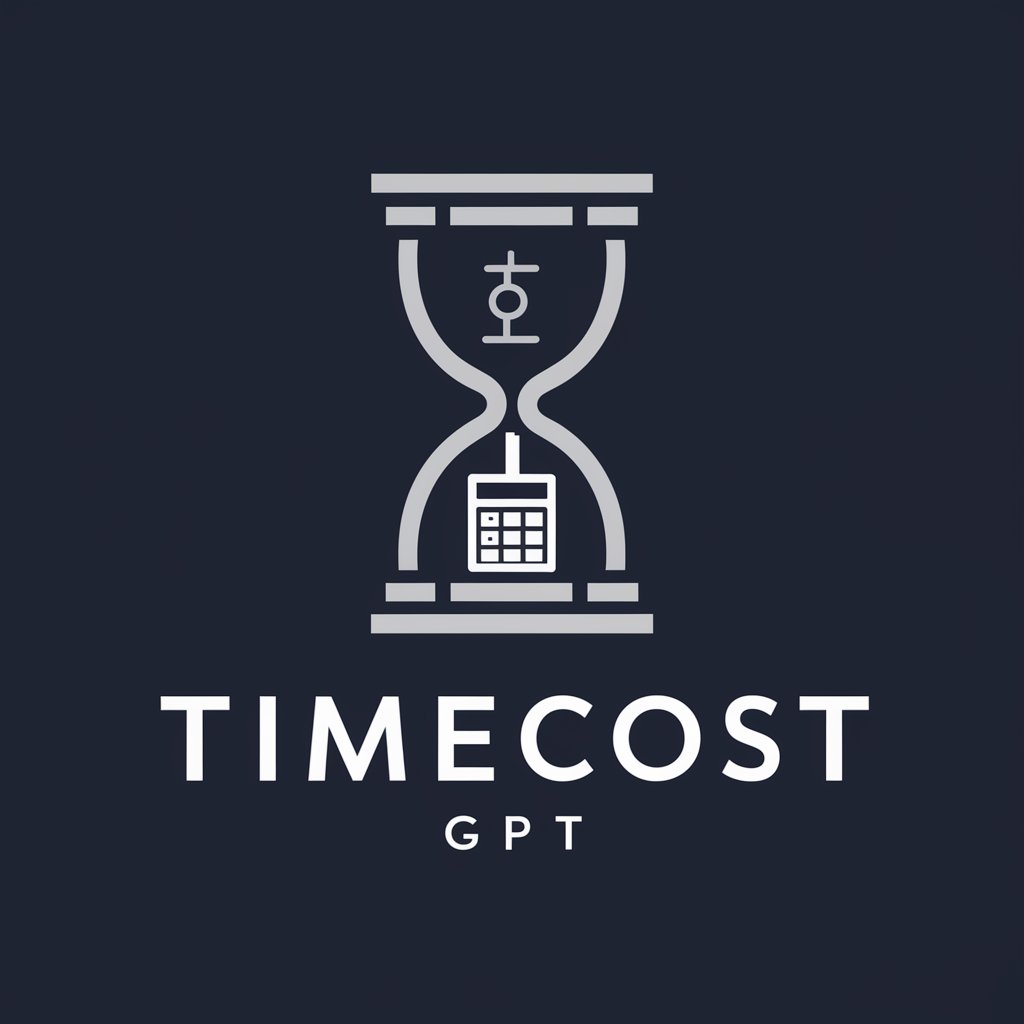
Stress Mastery Guide
Empower Your Well-being with AI

Improve Readability and Transition Bot
Elevating Content with AI-powered Readability
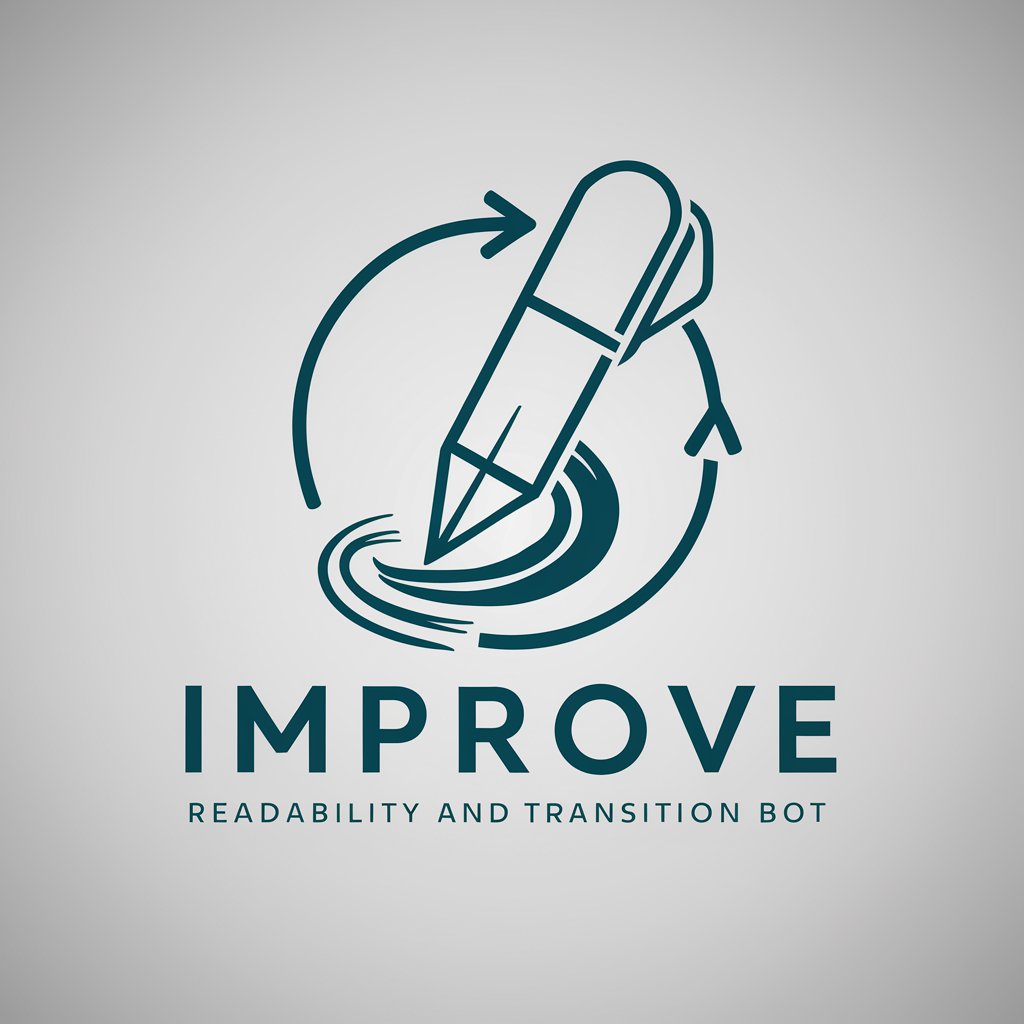
Polyspace Nexus AiOS
Empowering Code Excellence with AI

Find My German Ancestors FAQs
What information do I need to start using Find My German Ancestors?
Begin with any known details about your ancestors, such as names, birth dates, and locations. The more specific the information, the more accurate the search results will be.
Can Find My German Ancestors help if I only have limited information?
Yes, even with minimal details, the tool can provide guidance on potential starting points and strategies for uncovering more about your German heritage.
How does the tool assist with German language documents?
It includes a translation feature that helps in interpreting German documents, letters, and records, making it easier to understand ancestral information.
What makes Find My German Ancestors different from other genealogy tools?
It specifically focuses on German ancestry, providing tailored resources and historical context that enrich your genealogical research.
Is there a community or support system for users?
The tool offers access to a community of users with similar interests, along with guidance and support for navigating complex genealogical research.
